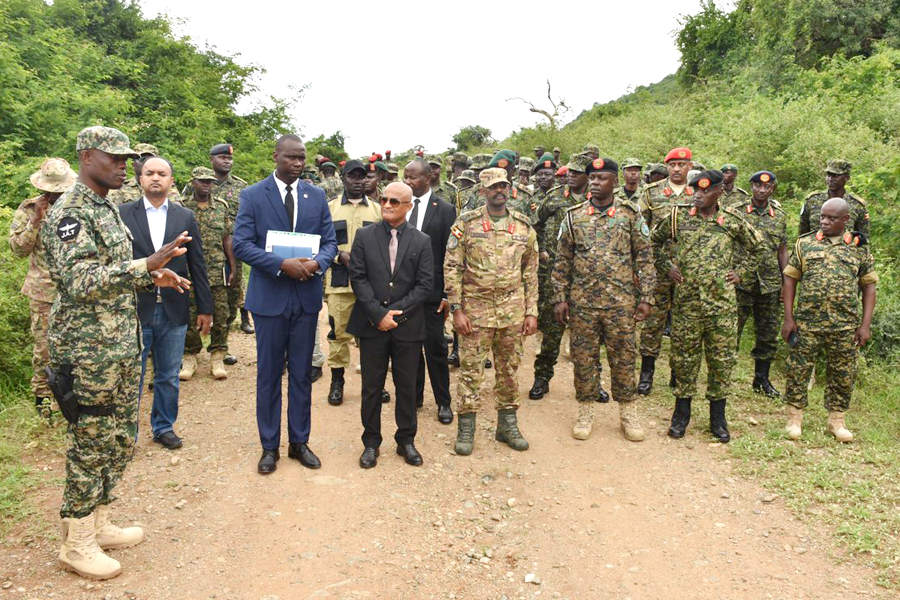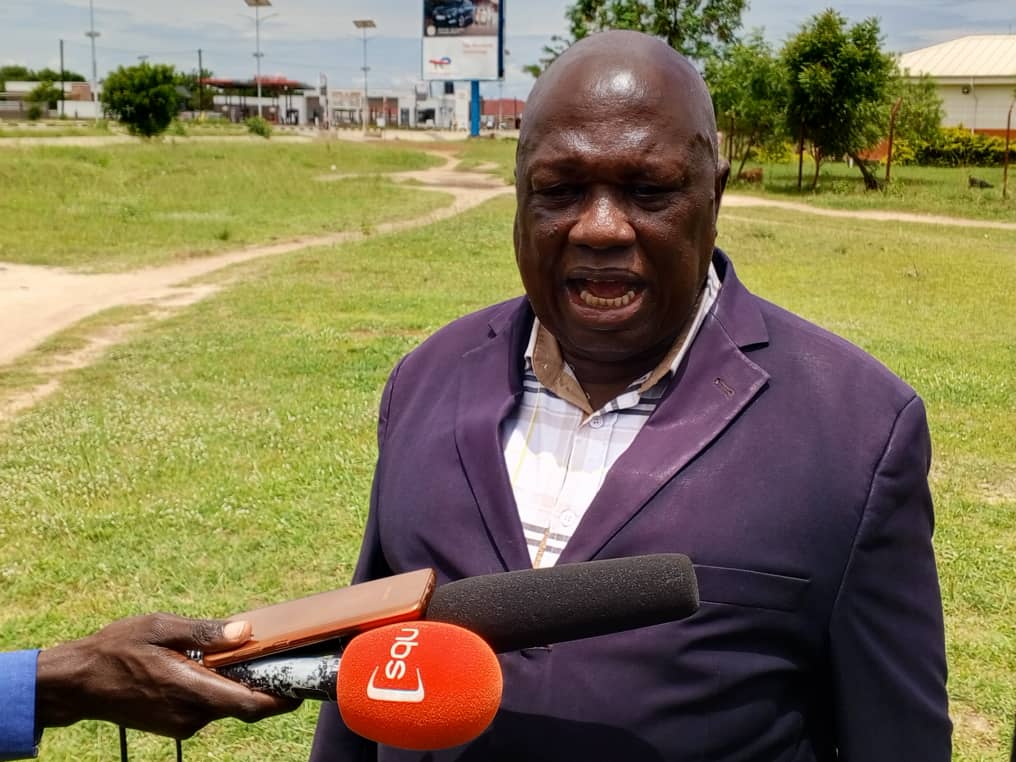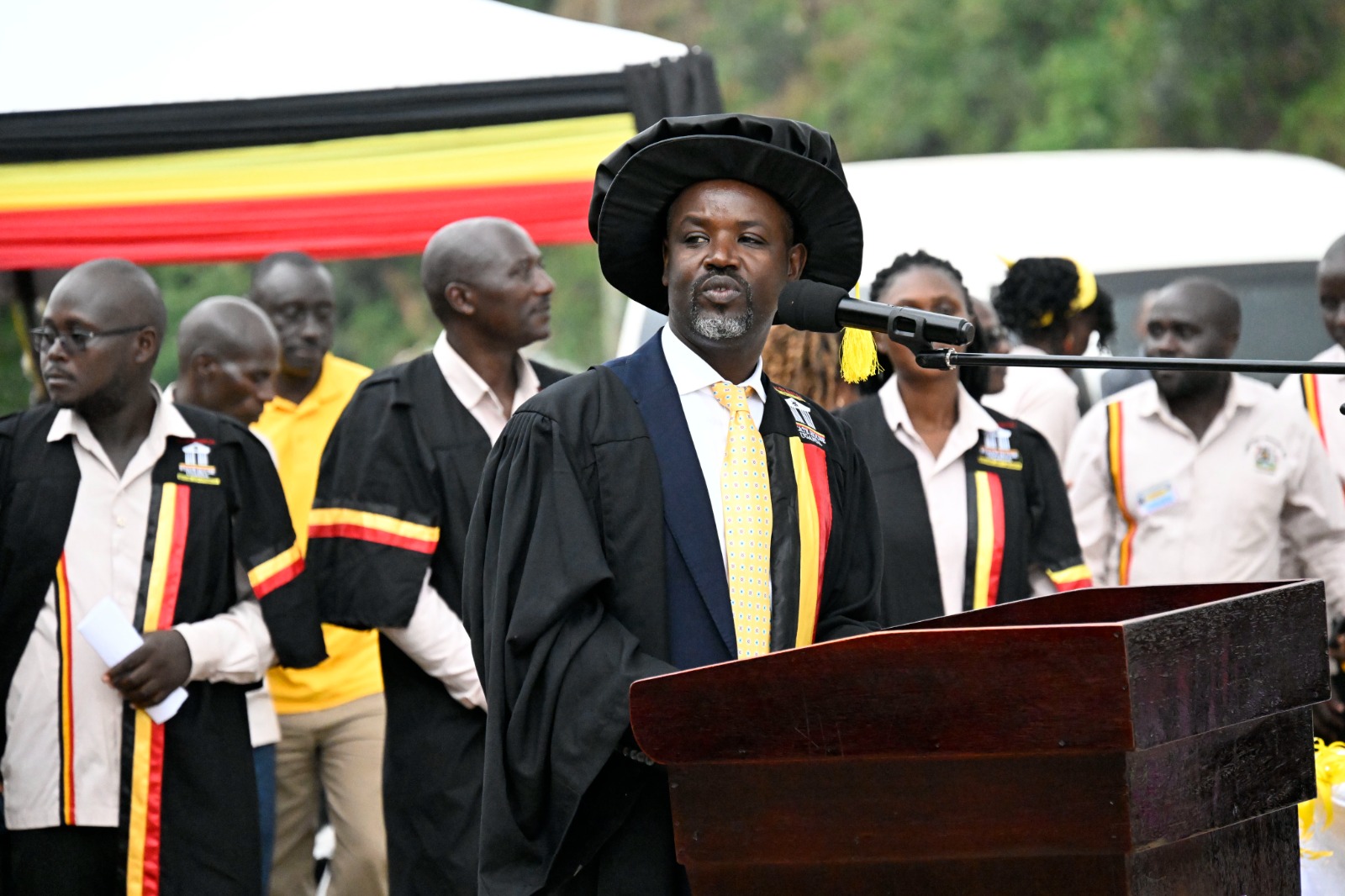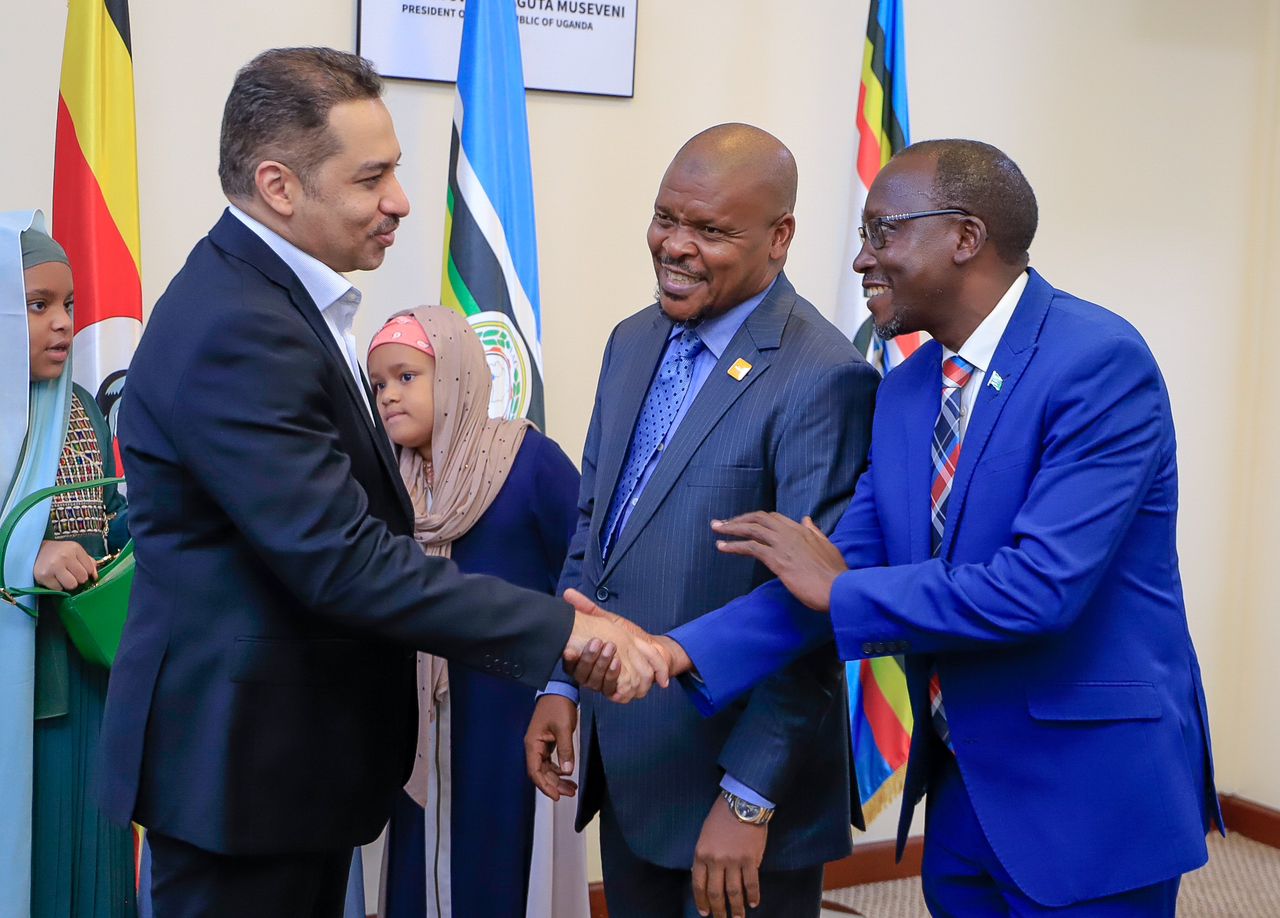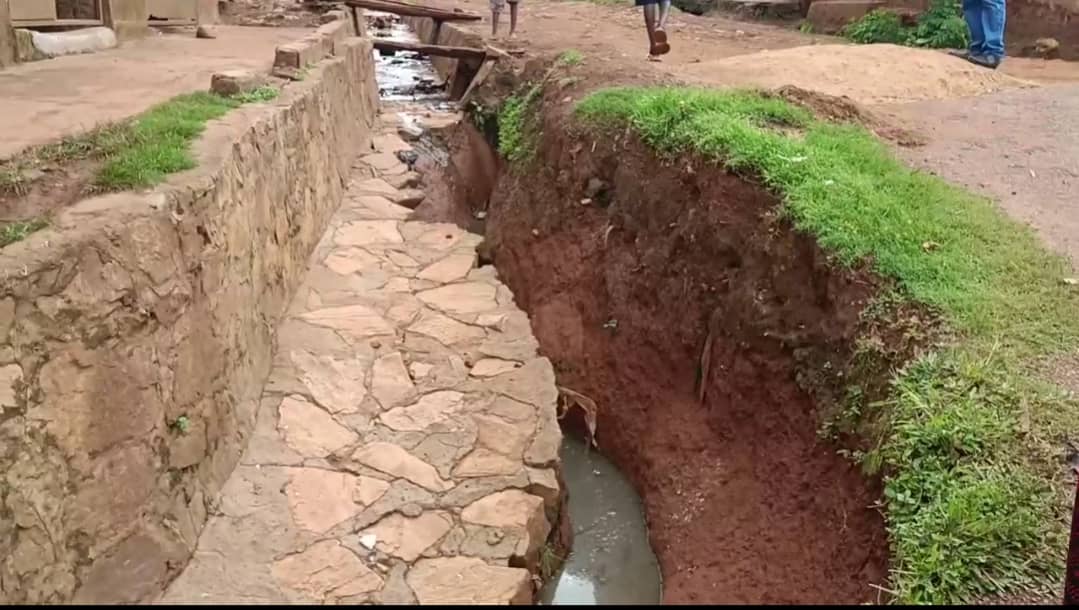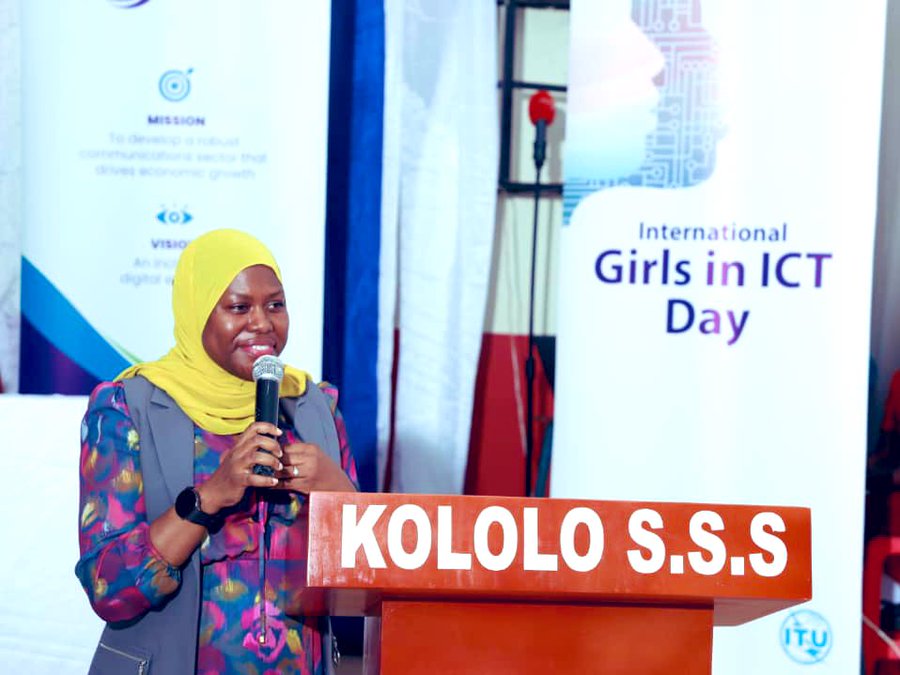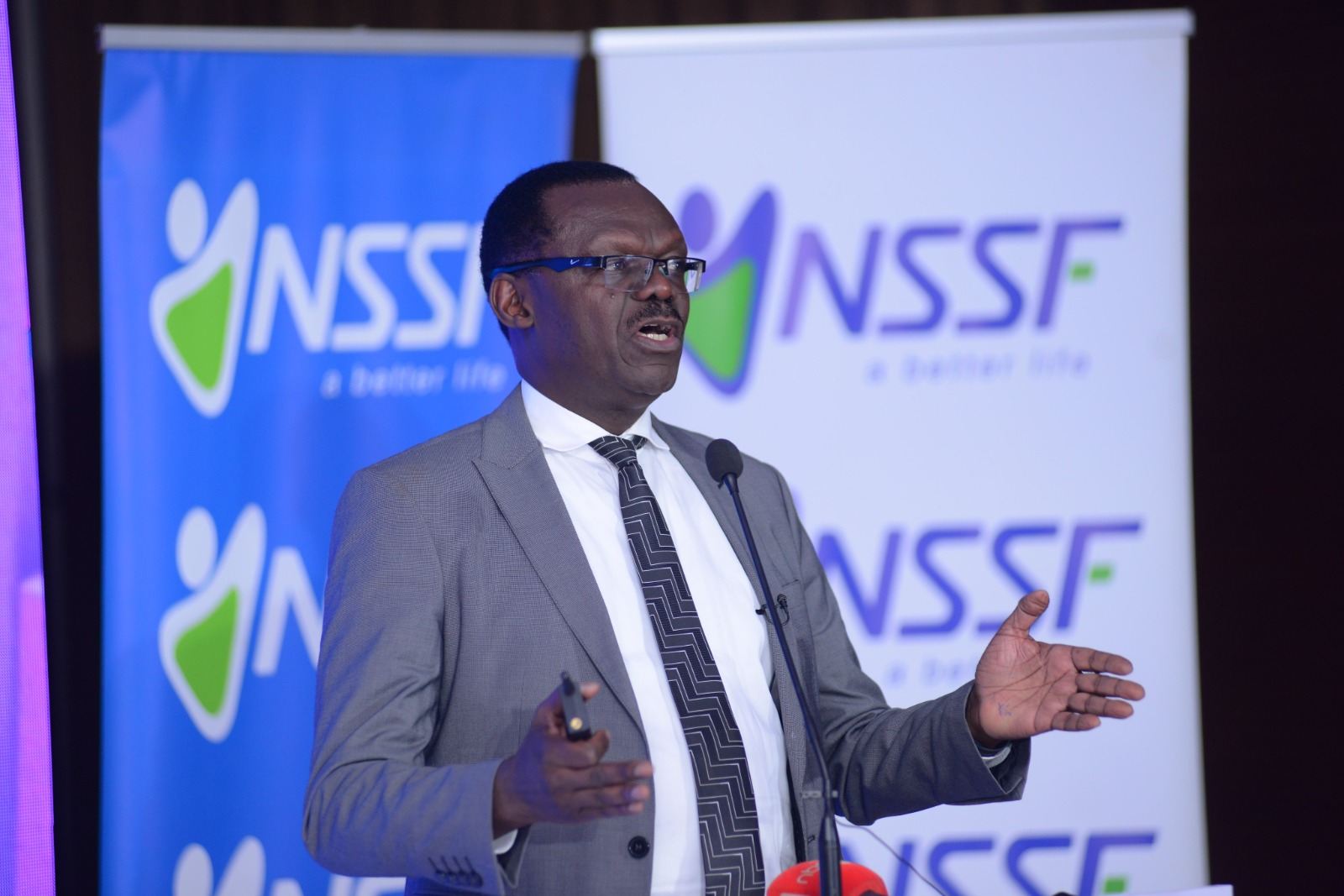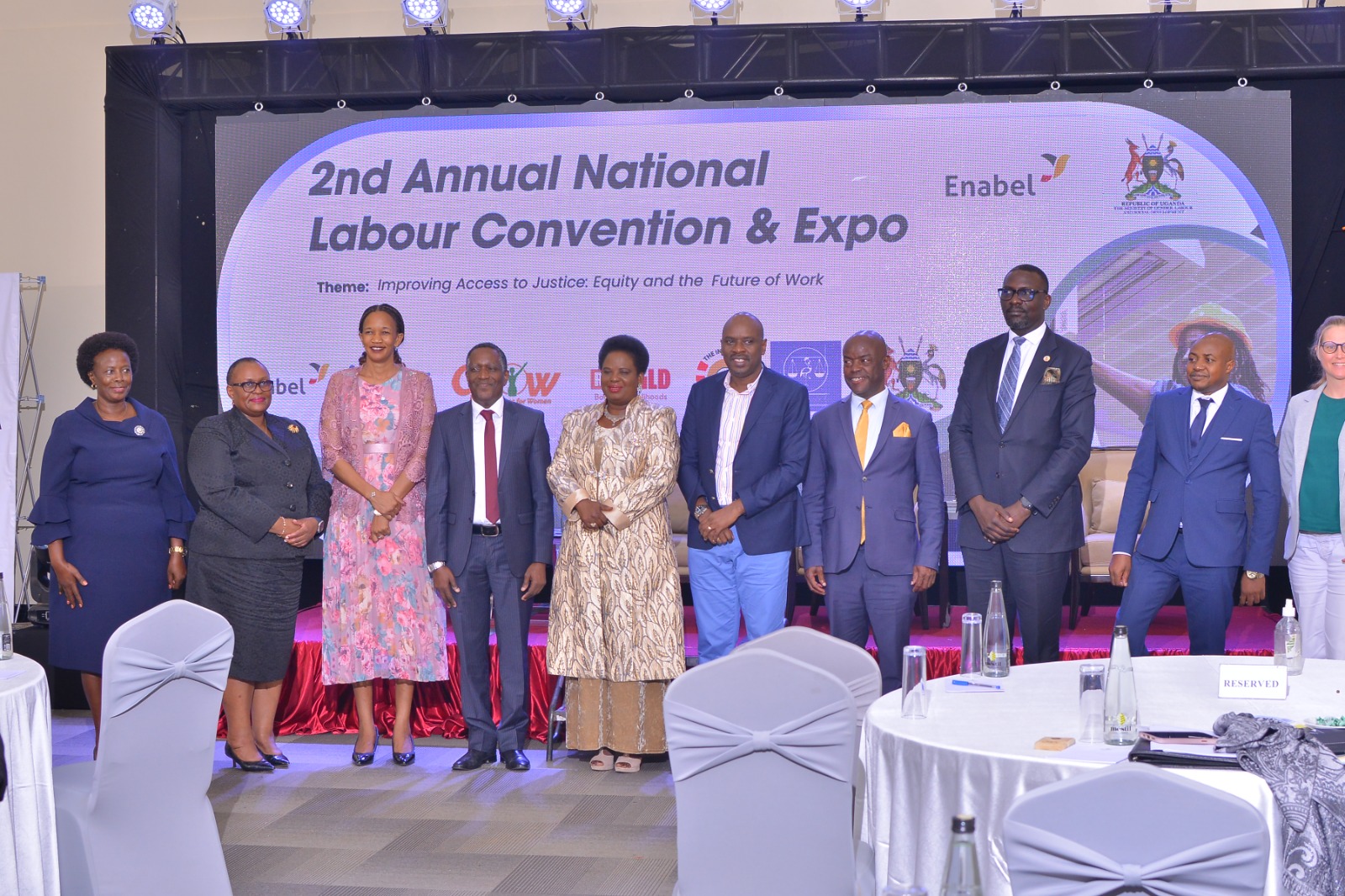Big Interview: You can negotiate with the state for one to gain justice, says Simon Peter Kinobe
There has been a lot of debate and queries surrounding the release of the lawmakers Allan Ssewanyana and Muhammad Ssegirinya shortly after being granted bail this week having spent over 500 days in prison.
There are claims that for the duo to be released on bail, there was a closed-door meeting with the government, leaving many people with unanswered questions whether negotiations for justice is allowed under our legal framework.
Speaking to the Nile Post in an interview, the former president of Uganda Law Society (ULS), Simon Peter Kinobe told this reporter that there is always the behind the scenes that happens for one to secure justice.
Excerpts below:
*******************************
The National Unity Platform (NUP) supporter Eric Mwesigwa couple of days ago recounted an account of torture during his detention. What does the law say about this act?
First and foremost, the Constitution of the Republic of Uganda prohibits in the strongest terms torture. It is illegal, it is unacceptable and it sanctions hefty penalties. In fact, the president has come out clearly to condemn act of torture and to warn people against committing torture.
Pictures of victims of torture have been all over social media, where does this leave the image of our security especially the police and the army?
This is a caution to all security forces when some of these things are being done because he may not have been a victim of the armed forces but we have seen some of these acts done before by the armed forces. Uganda is here for us all. I think none of us would love to be tortured. Adhere to the law, do as much as you can within the provision of the law and let the rest follow the course of justice. From the narration of the gentlemen, it is possible that the army was not involved but also the army needs to polish its image.
In regard to the growing claims of abductions, illegal arrest of the citizens, torture among others. Does this mean we have not learned anything from history?
I think we need to understand that by law the police have a right to arrest you, the army has a right to arrest you in conjunction with the police. A private citizen has the right to arrest another fellow citizen (who has committed a crime) and there are provisions (in the law). So, let’s not dramatise arrest, it is permissible under the law. What is not permissible is when you arrest a person and hold them in a place not gazetted by law. That is not acceptable. You should arrest them and detain them in a place gazetted by law. Additionally, that within 48 hours of their arrest, they should be produced before a court of law or released.
MPs Allan Ssewanyana and Muhammad Ssegirinya were released on bail this week. Why was all this delay in granting them bail? Is there a problem with our justice system?
You will be arrested for as many crimes as you commit. So, if you apply for bail today and you commit another crime, it doesn’t bar the police from rearresting you to charge you with fresh charges and that is what happened in Ssegirinya’s case. There were some counts that had not been brought before court when they were charged the first time. They were arrested on the new charges and that is fully legal. On the issue of the delay there are two things.
We have first of all an era of counsel. You have lawyers who were trying to reinvent the law who made very many defective applications. While you have a right to apply for bail and people need to understand this you don’t have a right to get bail. The right to get bail only happens if you have not been committed to the High Court for trial. The moment you are committed to the High Court you only have a right to apply. But when you apply the grant or refusal to grant is built around the discretion of a judge that should be exercised expeditiously. This means that the judge can look at your application and say no (based on his or her reasons). That happens and it has happened in many cases, there is nothing peculiar about this one but also the judge can grant bail and give conditions. All that lies within the discretion of the presiding officer and the previous judges felt that these people were not entitled to bail given the circumstances and based on the application. Circumstances have changed and the new judge has granted bail.
Don’t you think that there is a need to work upon the duration that is taken for the people to gain justice?
The Constitution of the Republic of Uganda says that justice should be dispensed expeditiously. The unfortunate thing is for justice to be dispensed expeditiously you should have a good number of judges. So regardless of how much you think about expeditiously trial in the absence of sufficient judicial officers, you will never have an expeditious trial. We need more judges to resolve this delay to deliver justice.
There are claims that there was a closed-door engagement with the government in order to release the two MPs Ssewanyana and Ssegirinya. Is negotiation of justice allowed under our legal framework?
I don’t know what you mean by negotiation for justice but what I know in legal practice there is always the behind the scenes that happens for us to secure the liberty of our clients and as a guiding principle there should be within the framework of the law because the law comes first in everything we do.
We can negotiate terms of bail so that we don’t waste court’s time if a person is a first-time offender, if a person will not interfere with investigation. Why will the DPP interfere with bail applications? We can negotiate with the state on penalties especially if you feel your client is guilty and you want a lighter sentence. In law we call it pre-bargain. You can negotiate for the withdrawal of charges especially if you believe your client is innocent after evaluating the evidence. So, these negotiations happen. What we don’t want is politics to come in the way of the criminal justice system because while you are using politics to negotiate what happens to the victims? I don’t know the kind of negotiation you are talking about but negotiation happens in the legal profession.
There is a growing concern that bail for politicians may become difficult especially those that oppose the regime since the president has been against it.
There is a law that makes provision for bail. It doesn’t make provision for a special category of people. Regardless of whether you are a politician, a peasant, a lawyer, the moment you subscribe to the law we are all equal under the law and that should be the norm that everybody should be treated equally before the law regardless of social status. I want to believe that this is still the position of the law because these two politicians are not the first to be denied bail. They are not the first to be granted bail, they are not the first to be charged with murder. Being a politician is not a license to committing crime. We need to stop politicising legal issues and we need to stop trying to create a privileged class of politicians.
What is your take about the trial of civilians in the military court?
Military courts should be set up to try men in uniform or armed bearing individuals like rebels, terrorists among others. That was the spirit of the law in the Constitution however nobody has yet successfully challenged the trial of civilians in military courts. The recent case said you cannot try at the level of Constitutional Court but there is an appeal and the stay of execution. The stay of execution is even much more important. That judgment doesn’t take effect until the court which you are appealing (in this case the Supreme Court) has ruled on that. So, until the Supreme Court sits and makes the law or writes a judgment confirming the Court of Appeal decision or denying it and for as long as there is a stay of execution, the government is rightly in order to prosecute civilians in the General Court Martial.
What do you think about the government’s decision to terminate the United Nation Human Rights Office in Uganda?
The United Nation Human Rights Office came to Uganda with specific key performance indicators, with specific things to do. One of them was monitoring the human rights situation in the country especially in Northern Uganda because that part was war torn to enable civil societies to be able to monitor human rights among others. They have done this and the government feels that they have done it satisfactorily. So, there is no more need for them to be here hence the decline for the government to renew their agenda. I don’t think Uganda loses a lot because we have other various entities that are doing what UN Human Rights was doing. This happens, the host country can accommodate you or decline to accommodate you with or without reasons.
Do you agree with the government that it has built enough capacity to monitor human rights in the country?
I agree with the government fully that yes, they have the capacity but also, I believe the more the merrier especially when it comes to human rights but in terms of capacity, I think Ugandans have built and foster capacity.
Many people have expressed their worries towards the shrinking of civic space in the country, are you not concerned?
Non-renewal of UN human rights offices in Uganda contract doesn’t translate into the narrowing of civic space. Civic space in my opinion is shrinking because of limited funding, civic space is shrinking because there are specific things that civil society should not do. For example, civil society should indulge in politics and they have been doing that. For as long as you operate outside the provision of the law, the law will catch up with you and you cannot use that as an excuse to say that the civic space is shrinking.
The Uganda Human Rights Commission (UHRC) has on several times been accused of not performing its duties well. What do you think in this regard?
I strongly believe that UHRC is doing a good job as far as resources permit. I think the commission can do considerably better. I also believe that UHRC should be given more resources. So, the output we see is a direct return on resources and capacity. Don’t expect excellence where you have not provided the resources and I think the commission is struggling with resource allocation. Their resource basket is meagre.



